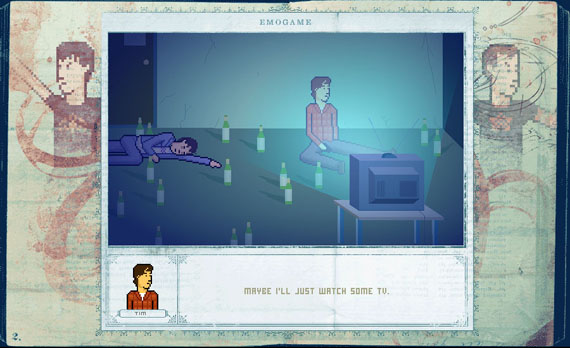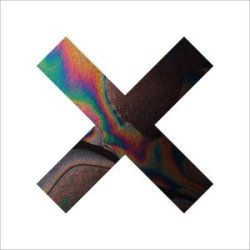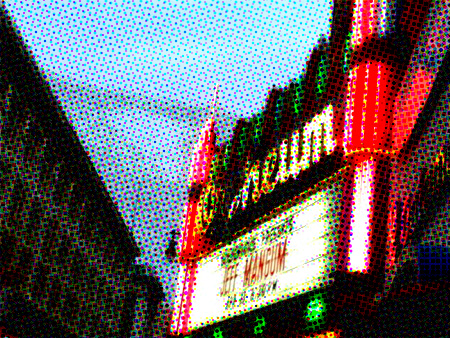 So, I haven't seen DJANGO UNCHAINED yet. I feel like I should, I just don't know if it's urgent, or if this is something I want to see in theaters. It's completely possible that I won't like it, but that 50/50 chance is what makes it exciting to me.
So, I haven't seen DJANGO UNCHAINED yet. I feel like I should, I just don't know if it's urgent, or if this is something I want to see in theaters. It's completely possible that I won't like it, but that 50/50 chance is what makes it exciting to me.
Culturally, we've gotten kinda stupid about how we define controversy and edginess. These terms have become the territory of shock jocks and stand-up trolls, and their checklist for provocative work consists of a single item that says, "say something you shouldn't." We've lost edgy art to one-trick racism, sexism and homophobia yet we all still pretend like this is a bold new commentary.
On the other hand, the wide-ranging reaction to DJANGO UNCHAINED feels like real, legitimate controversy. The useful kind that results in a net positive communication, not just backlash and backlash to the backlash. I recently watched Louis CK reiterate a common belief that provoking a reaction is an important goal of any art, but he doesn't take into account the push-a-button, one dimensional ease with which it can be accomplished. The debate around this film reminds me what actual provocation is supposed to be like. It's an actual conversation, and that's never a waste of time or detrimental to the culture at large.
The thinkpieces that have sprung out of the event that is this film have been valuable to our conversation on race and media. I can completely understand liking it as a celebration of Blaxploitation style or disliking it as a retread of Blaxploitation's problems. It can be a cathartic middle finger to the romanticized south, or "as troubling as it is affirming." I can see liking it, except for how the audiences (and you) react to it.
That's the best part: you don't have to like it. A bunch of intelligent commenters have trended in opposite directions, and that's exciting. It makes the film kind of a Rorschach ink blot for race, although maybe not as open-ended and fluid. It's a legitimate provocation, a piece that sticks something in you, and it's understandable if that isn't everyone's idea of a good time.













